And now for something a little more Canadian.
The 2018 Stanley Cup Playoffs in one of my EHM saves:
And now for something a little more Canadian.
And now for something a little more Canadian.
The 2018 Stanley Cup Playoffs in one of my EHM saves:
Actually Lega Nord took 18%, not 37. 37 is the combined result of Lega, Forza Italia, Fratelli d'Italia and Noi con l'Italia.
10/10View attachment 388275
Ryan Rodney Reynolds (October 23, 1976- July 10, 2010) was a Canadian actor. Some of his most prominent roles were as Billy Simpson in the YTV Canadian teen soap opera Hillside (1991), Michael Bergen on the ABCsitcom Two Guys and a Girl (1998–2001), as well as the titular character in National Lampoon's Van Wilder (2002) and as Wade Wilson / Weapon XI in a supporting role in the prequel X-Men film, X-Men Origins: Wolverine (2009). Other film roles included The Amityville Horror (2005), Definitely, Maybe (2008), The Proposal (2009), and his final film Buried (2010).
Shortly after being announced as the lead character in the movie Green Lantern, Reynolds was found dead in his Los Angeles residence in what investigators determined to be a execution-style murder. The only evidence recovered at the scene was a crude drawing of the murder followed by the words "You're welcome, Canada -DP". As of 2018 the case remains unsolved.




snip
Brilliant work as usual. Its interesting to see how PEI flips from 4-0 for the Liberals to 75% for the PCs. I suppose this is your ideal/dream 1997 scenario?
Brilliant work as usual. Its interesting to see how PEI flips from 4-0 for the Liberals to 75% for the PCs.
My ideal 1997 scenario would be Jean Charest as Prime Minister, but this one was pretty fun to see.
Ya got Brian Pallister (Finance Critic & Deputy Leader) and Lewis Mackenzie (Foreign Affairs Critic) elected as Tories, a stronger/more moderate Conservative movement, and a bunch of future Liberal Cabinet ministers defeated.
Manning looks like he's displeased the commoners did not deign to elect him prime minister.
I thought it was Robert Stanfield getting elected to a ninth consecutive term with young John Tory waiting in the wings as his successor?

I wonder if having a relatively evenly-split right would lead to a sooner *Conservative party. On one hand, the fact that the Liberals fell to a minority when the Progressive Conservatives aren't devastated by a three-way split and the unpopularity of Mulroney would be a big sign that a potential merger could return the right to power sooner rather than later. On the other, with the PCs and Reform being relatively equal in terms of seats won might mean that difficulties in setting egos aside to unite the right might be worse than OTL.
Chretien's still Prime Minister, so if anything you should be apologizing to yourself.Apologies to @True Grit for any pain this might cause.
Chretien's still Prime Minister, so if anything you should be apologizing to yourself.
Holy shit i remember that videoHave you heard about his scandal involving Splatoon porn?
Great Work! This reminds me of an Infobox I made a while back where the PCs under Charest also coincidentally ended up with 69 seats. I can't find it for the life of me but I'm sure someone remembers.SNIP
Great Work! This reminds me of an Infobox I made a while back where the PCs under Charest also coincidentally ended up with 69 seats. I can't find it for the life of me but I'm sure someone remembers.
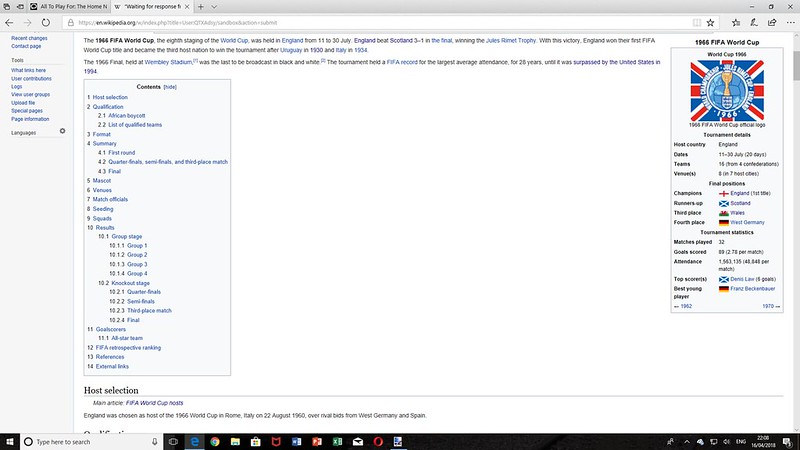
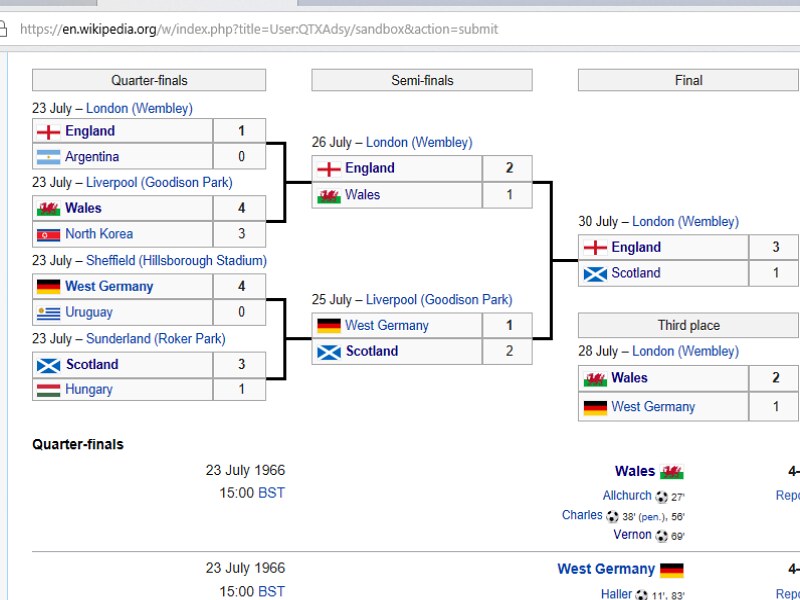
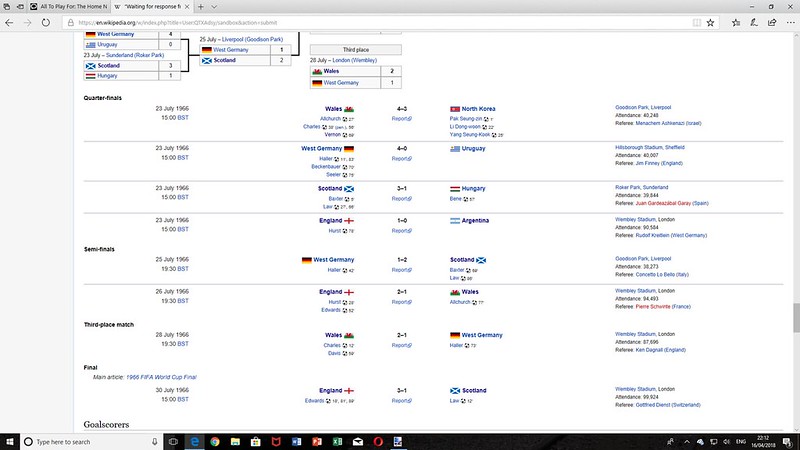
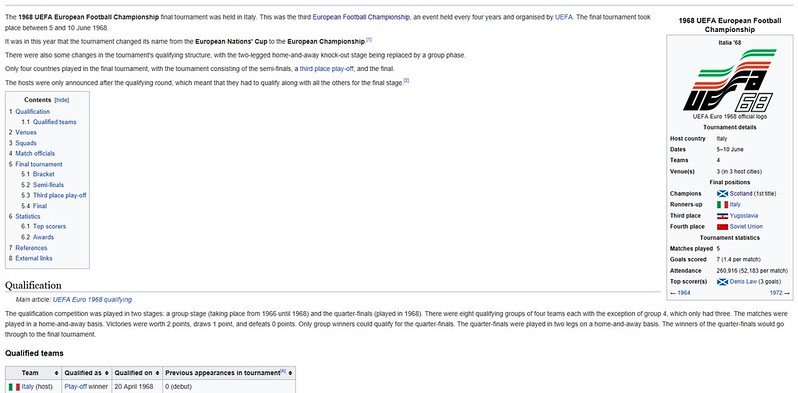
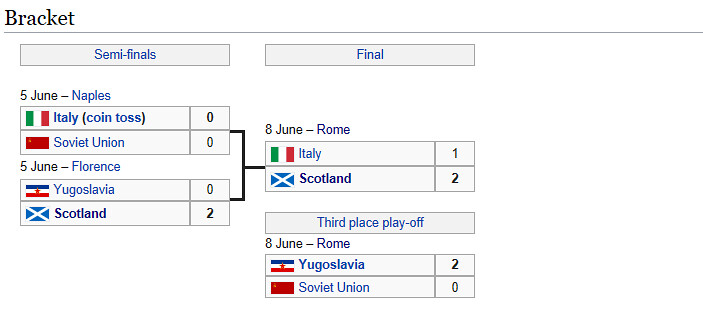
I apologize to myself in the mirror every morning...